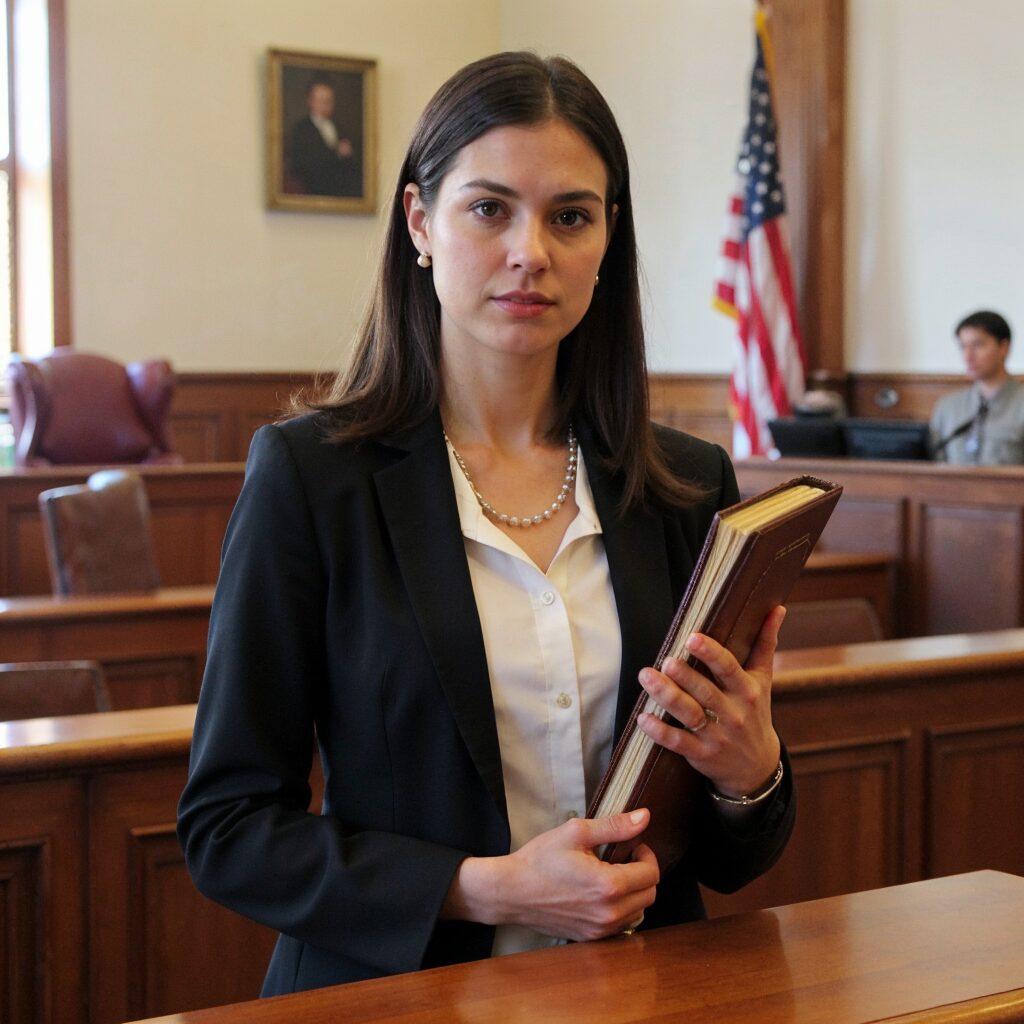
Proving negligence is the foundation of a personal injury case in Georgia. If you’ve been injured in an accident caused by someone else’s carelessness or recklessness, the success of your claim hinges on your ability to demonstrate that their actions—or lack thereof—directly caused your injuries and resulting damages.
Understanding the legal concept of negligence and how it applies in Georgia is essential. Whether you’re dealing with a car accident, slip and fall, or medical malpractice, proving negligence requires a strategic approach backed by solid evidence.
This guide will walk you through the step-by-step process of proving negligence in a Georgia personal injury case, providing practical insights into what’s required and how an experienced personal injury lawyer can help strengthen your case.
Step 1: Establish That the Defendant Owed You a Duty of Care
The first step in proving negligence is showing that the at-fault party had a legal obligation to act in a way that ensured your safety.
- What Is Duty of Care?: Duty of care refers to a person’s legal responsibility to avoid causing harm to others. For example, drivers must follow traffic laws to ensure the safety of other road users.
- Examples in Georgia:
- Property owners must maintain safe premises for visitors.
- Employers must provide a hazard-free work environment.
Step 2: Show That the Duty of Care Was Breached
Next, you must prove that the defendant failed to uphold their duty of care.
- What Constitutes a Breach?: A breach occurs when the defendant’s actions (or inactions) fall below the standard of care expected in a given situation.
- Examples of Breach of Duty:
- A store owner neglecting to clean up a spill, causing a slip and fall.
- A driver texting while driving and causing an accident.
Step 3: Prove Causation Between the Breach and Your Injuries
Proving causation involves showing that the defendant’s breach of duty directly caused your injuries.
- Cause-in-Fact: Demonstrate that your injuries wouldn’t have occurred if not for the defendant’s actions.
- Proximate Cause: Show that the injuries were a foreseeable result of the defendant’s negligence.
- Example: If a distracted driver rear-ends your car, you must prove that the driver’s distraction (e.g., texting) caused the crash and your resulting injuries.
Step 4: Demonstrate That You Suffered Damages
The final step is to prove that you suffered measurable damages due to the accident.
- Types of Damages:
- Economic Damages: Medical bills, lost wages, and property damage.
- Non-Economic Damages: Pain and suffering, emotional distress, and loss of quality of life.
- Evidence Needed:
- Medical records and bills.
- Pay stubs or income statements showing lost wages.
- Testimony from doctors or expert witnesses.
Georgia-Specific Considerations for Proving Negligence
- Comparative Negligence Rule:
- Georgia follows a modified comparative negligence rule. If you are found partially at fault, your compensation is reduced by your percentage of fault. If you are 50% or more at fault, you cannot recover damages.
- Statute of Limitations:
- In Georgia, you typically have two years from the date of the injury to file a personal injury claim.
- Premises Liability Requirements:
- If the injury occurred on someone else’s property, you must prove that the property owner knew (or should have known) about the hazardous condition.
How to Gather Evidence to Prove Negligence
Building a strong case requires collecting compelling evidence, such as:
- Photographs and Videos: Document the accident scene, hazards, and injuries.
- Eyewitness Testimony: Statements from individuals who saw the accident can support your claim.
- Expert Witness Testimony: Specialists, such as accident reconstruction experts or medical professionals, can strengthen your case.
- Police or Incident Reports: These documents provide an official record of the accident.
- Medical Records: Proof of injuries and treatment establishes a clear connection to the accident.
How Our Atlanta Personal Injury Lawyer Can Help
Proving negligence in a Georgia personal injury case can be challenging, especially when dealing with insurance companies and legal complexities. Our experienced Atlanta personal injury lawyer can:
- Evaluate Your Case: We’ll assess the details of your accident to determine if negligence can be proven.
- Collect Evidence: Our team will gather the necessary evidence to build a compelling case.
- Negotiate on Your Behalf: We’ll handle communications and negotiations with the insurance company.
- Represent You in Court: If a settlement cannot be reached, we’ll fight for your rights in court.
Contact Us for Free Consultation. All cases are handled on a contingency basis, so you pay nothing unless we win.
Conclusion
Proving negligence is a crucial step in securing compensation for your injuries. By following the steps outlined—establishing duty of care, proving a breach, demonstrating causation, and showing damages—you can build a strong case. Working with an experienced personal injury lawyer can make the process smoother and improve your chances of success.
If you’ve been injured due to someone else’s negligence, don’t wait. Contact our Atlanta personal injury lawyer today for a free consultation. Let us fight for the justice and compensation you deserve. Remember, all cases are on a contingency basis, so you pay nothing unless we win.



